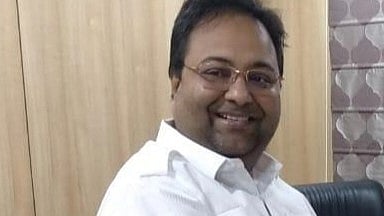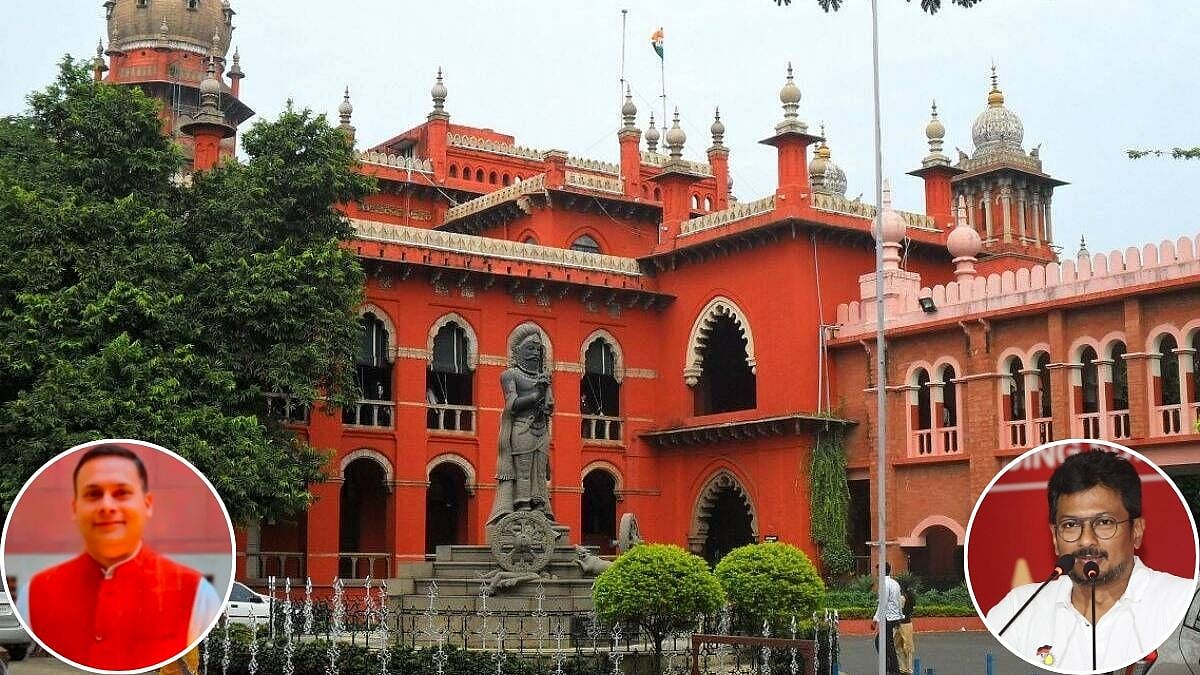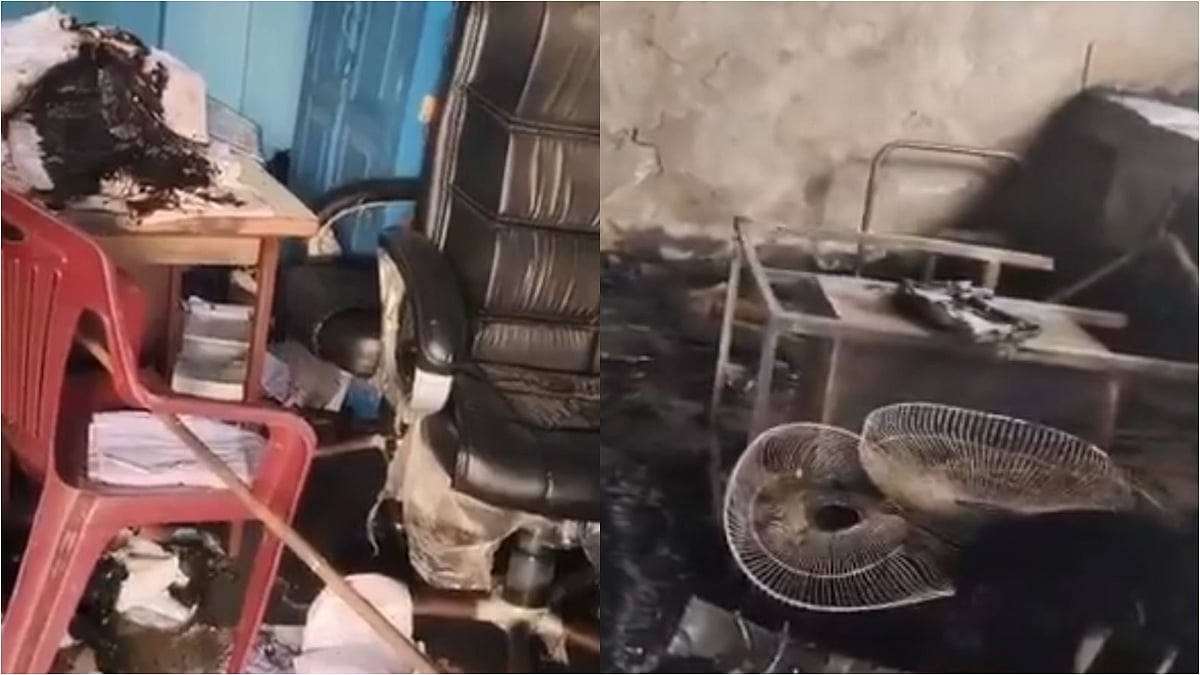The non-BJP governments in four states have teamed up against the Centre's proposal to amend the IAS (Cadre) Rules, 1954. Chief Ministers of West Bengal, Rajasthan, Jharkhand and Chhattisgarh have written to the Prime Minister and urged him to roll back the decision, claiming that the change in the rules for central deputation of IAS officers will affect the states' administration.
West Bengal Chief Minister Mamata Banerjee has written two letters to the Centre. In her second letter she says, "I find the revised amendment proposal more draconian than the former, and indeed its very grain is against the foundations of our great federal polity and the basic structure of India's Constitutional scheme.
"The moot point of the further revised draft amendment proposal is that an officer, whom the Central government may choose to take out of a state to any part of the country without taking his/her consent and without the agreement of the state government under whom he or she is serving, may now stand released from his/her current assignment forthwith," Banerjee said.
The states say that the power proposed to be usurped by the Central government by resorting to over-centralisation of powers is going to destroy the morale and freedom of the All-India Service officers.
Jharkhand Chief Minister Hemant Soren too wrote to the Prime Minister expressing his concern. He said, "I have written to @PMOIndia expressing strong reservations on the proposed All India Services cadre rule amendments by Govt of India. They promote 'unilateralism' rather than 'cooperative federalism'. I hope he will consider my request and bury the proposal at this stage itself."
The Chief Minister of Rajasthan Ashok Gehlot and Chhattisgarh Chief Minister Bhupesh Baghel have also written letters to the Prime Minister opposing the move.
The government has defended the move and has stated that working with the Centre and state governments both will broaden officers' perspectives and will advance the mission of the all-India services.
He stated that the Indian Administrative Service (IAS) officers cannot always be posted in states since it is inefficient for both the service and the officers. It has said that working with the Central government provides them with a unique viewpoint for the personal development of officers after serving in the states and then returning to the Centre.
Maharashtra and Tamil Nadu too have decided to oppose the changes.
What are the proposed changes?
The DoPT has recently proposed changes in the IAS (Cadre) Rules, 1954, that will take away the power of states to override New Delhi's request for seeking officers on central deputation.
The move has evoked sharp criticism from West Bengal Chief Minister Mamata Banerjee, who wrote to Prime Minister Narendra Modi urging him to roll back the proposal claiming it will affect the states' administration.
According to DoPT sources, the number of IAS officers on CDR has gone down from 309 in 2011 to 223 as on date.
The percentage of CDR utilisation has gone down from 25 per cent in 2011 to 18 per cent as on date, they said.
In spite of increase of IAS officers at deputy secretary/director level in IAS from 621 in 2014 to 1,130 in 2021, the number of such officers on central deputation has gone down from 117 to 114 during the period, sources said.
Hence, the number of officers available under the central deputation is not sufficient to meet the requirement of the Centre, they said.
The non-availability of sufficient number of officers at the Centre is affecting the functioning of the central government since the Centre needs the services of these officers to obtain fresh inputs in policy formulation and programme implementation, sources said.
The Centre also needs them to utilise their vast field experience by way of providing vital inputs for policy planning and formulation.
Further, the movement of officers from state to Centre and vice versa is mutually beneficial to both as it enables the professional growth of officers besides contributing towards better coordination with the states for effective programme implementation, they said.
The sources further said the reason quoted by most of the state cadres for not sponsoring the number of officers as per prescribed CDR is the shortage of officers in the cadre.
Considering the same and the fact that shortage of officers in the cadres, if any, has to be shared mutually between the Centre and the states, they said.
According to DoPT's proposal, sent to chief secretaries of all state governments on January 12, "in specific situations where services of cadre officer(s) are required by the central government in public interest, the central government may, seek the services of such officer(s) for posting under the central government.and the state government concerned shall give effect to the decision of the central government within the specified time".
It further states that "wherever the state government concerned does not give effect to the decision of the central government within the specified time, the officer(s) shall stand relieved from cadre from the date as may be specified by the central government".
Existing rules allowed mutual consultation for officers central deputation.
The DoPT had written to chief secretaries of all state governments on December 20, 2021, after which reminders were sent on December 27, 2021 and January 6 and January 12.
The January 12 letter to states mentions the Centre's power to override the states' disagreement on sending the officers on deputation.
The state governments have been asked to furnish their comments on the proposed changes by January 25, 2022.
The Centre had in June last year asked all state governments to nominate more officers for central deputation at the level of deputy secretary, director and joint secretary, citing their shortage.
Officers of the level of deputy secretary/director and above are usually appointed in central government ministries/departments (i.e. on central deputation) under the Central Staffing Scheme (CSS).
Every cadre - a state/states or states and Union territories -- is allowed a central deputation reserve to ensure that officers have the opportunity to work on deputation, including that under the CSS, which adds to their experience.
(With inputs from IANS and PTI)







